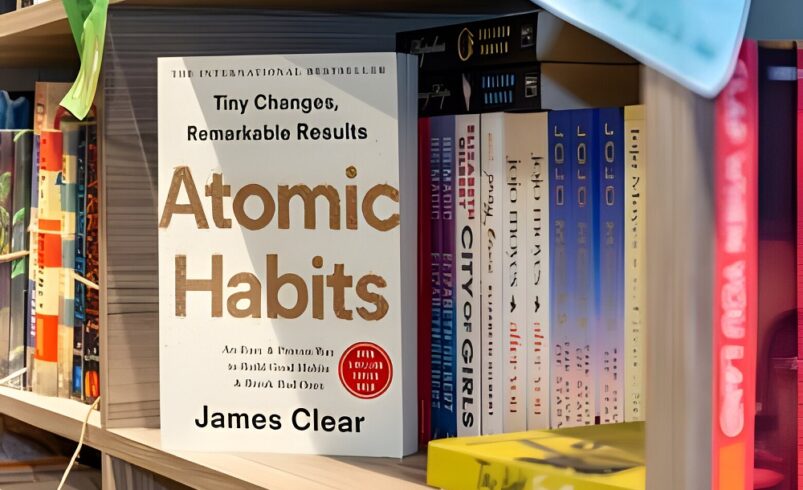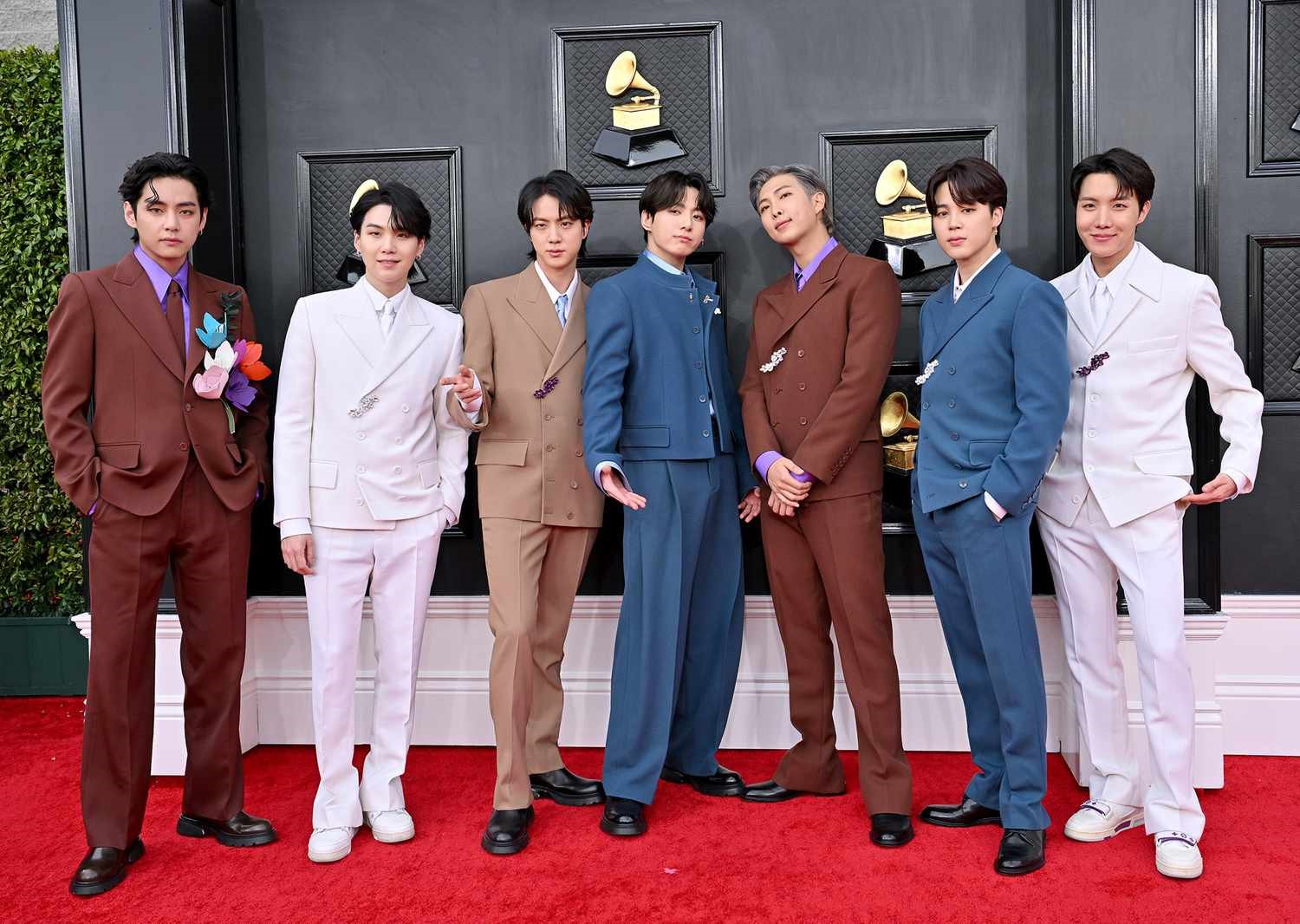
Quentin Tarantino, the inimitable auteur known for his bold, nonlinear storytelling and unapologetic cinematic style, has long been celebrated as a cinephile’s cinephile. His eclectic taste in literature, which often influences his own creative vision, offers a unique window into the mind of one of the most authoritative filmmakers of our time. Tarantino’s public persona is that of a larger-than-life figure, with a penchant for pop culture references, a predilection for vintage aesthetics, and an unwavering commitment to his craft. As a director, screenwriter, and producer, he has cultivated a distinct set of qualities that are reflected in the literary recommendations he shares with his devoted fans.
Tarantino’s literary recommendations often hunt into the darker corners of history, traversing the themes of power, violence, and the human condition. His fascination with the nuances of filmmaking and the study of cinema is evident in his choices, which range from critical analyses of German cinema under the Nazi regime to comprehensive accounts of the birth of the New Hollywood era.
Contents
“The Ministry of Illusion: Nazi Cinema and Its Afterlife” by Eric Rentschler
Tarantino has praised this as a “wonderful critical re-examination of German cinema under Joseph Goebbels.” This book deals with the complex and often unsettling world of Nazi propaganda films, reflecting Tarantino’s interest in the interplay between art, politics, and the manipulation of public perception.
“Pictures at a Revolution: Five Movies and the Birth of the New Hollywood” by Mark Harris
The book examines seismic shifts in the Hollywood film industry during the late 1960s as a new generation of filmmakers challenged the old studio system. The book offers a nuanced look at how the film industry navigated this transformative period, which aligns with Tarantino’s own fascination with the evolution of cinematic storytelling and the disruption of established norms. Tarantino has described the book as “probably one of the best books I’ve ever read in my life.”
“The Employment of Negro Troops” by Ulysses Lee
Tarantino has hailed this book as “the most profound thing I’ve ever read on both the war and racist America of the 1940s.” This book’s exploration of the complex and often overlooked role of African American soldiers in World War II resonates with Tarantino’s desire to shed light on marginalised narratives and challenge dominant historical accounts.

“Bruce Lee: The Man Only I Knew” by Linda Lee
Quentin Tarantino has praised this autobiographical work, which offers a rare and intimate window into the life of the legendary martial artist and actor, Bruce Lee. Written by his wife, Linda Lee, the book provides an insider’s perspective on the man behind the larger-than-life public persona. Through personal anecdotes and candid recollections, the memoir delves into Lee’s early life, his formative years in Hong Kong, and the challenges he faced in breaking into the American entertainment industry as an Asian actor. Tarantino appreciates the book’s ability to humanise a figure who has become an iconic symbol of strength and resilience, revealing the complications of Lee’s personal journey.
“Nobody’s Angel” by Jack Clark
Quentin Tarantino has expressed high praise for this work, describing it as “my favourite fiction novel this year.” The book, written by a former taxi driver, tells the story of a cab driver in Chicago during a time when a serial killer was targeting and murdering fellow cabbies. Tarantino’s recommendation of this novel stems from his appreciation for its compelling character study and its ability to capture the gritty realities of urban life. The director’s endorsement of “Nobody’s Angel” also reflects his support for lesser-known authors and his desire to amplify narratives that might otherwise be overshadowed by more mainstream literary offerings. Tarantino’s championing of this work aligns with his ethos of championing underdog stories and shining a light on overlooked voices within the literary landscape.
Tarantino’s eclectic literary tastes reflect his multifaceted creative persona, which is equal parts film buff, historian, and social commentator. His recommendations not only illuminate the depth of his intellectual curiosity but also underline his commitment to using his platform to introduce readers to narratives that challenge, provoke, and expand our understanding of the world. Ultimately, exploring Tarantino’s book recommendations offers readers the opportunity to discover unconventional narratives, gain inspiration for cinematic appreciation, and connect with the mind of one of the most influential filmmakers of our time.

Ayushi Lathiya
Ayushi Lathiya is currently pursuing engineering in electronics and communication. In the vortex of her imagination, she's strolling around a beach, listening to Taylor Swift and true-crime podcasts. Ayushi's perfect evening is flipping through books and bringing the characters to life in her head.
Recent Posts
- 25 Top Quotes from The 10X Rule to Supercharge Your Ambition
- 10 Books You Must Read to Succeed in Your Career
- 30 Little Tricks for Big Success in Relationships
- 25 Life-Changing Self-Help Books to Read This December: Boost Your Mood and Your Mind
- 25 Amazing Self-Care Tips for December: Wrap Yourself in Joy, Not Stress









